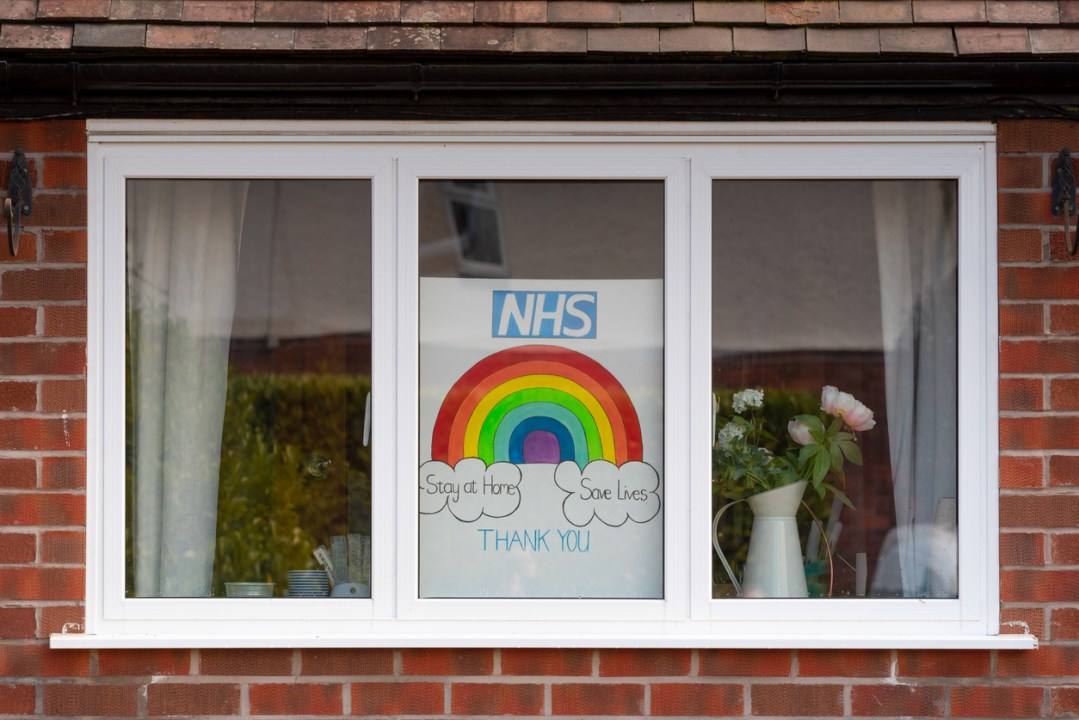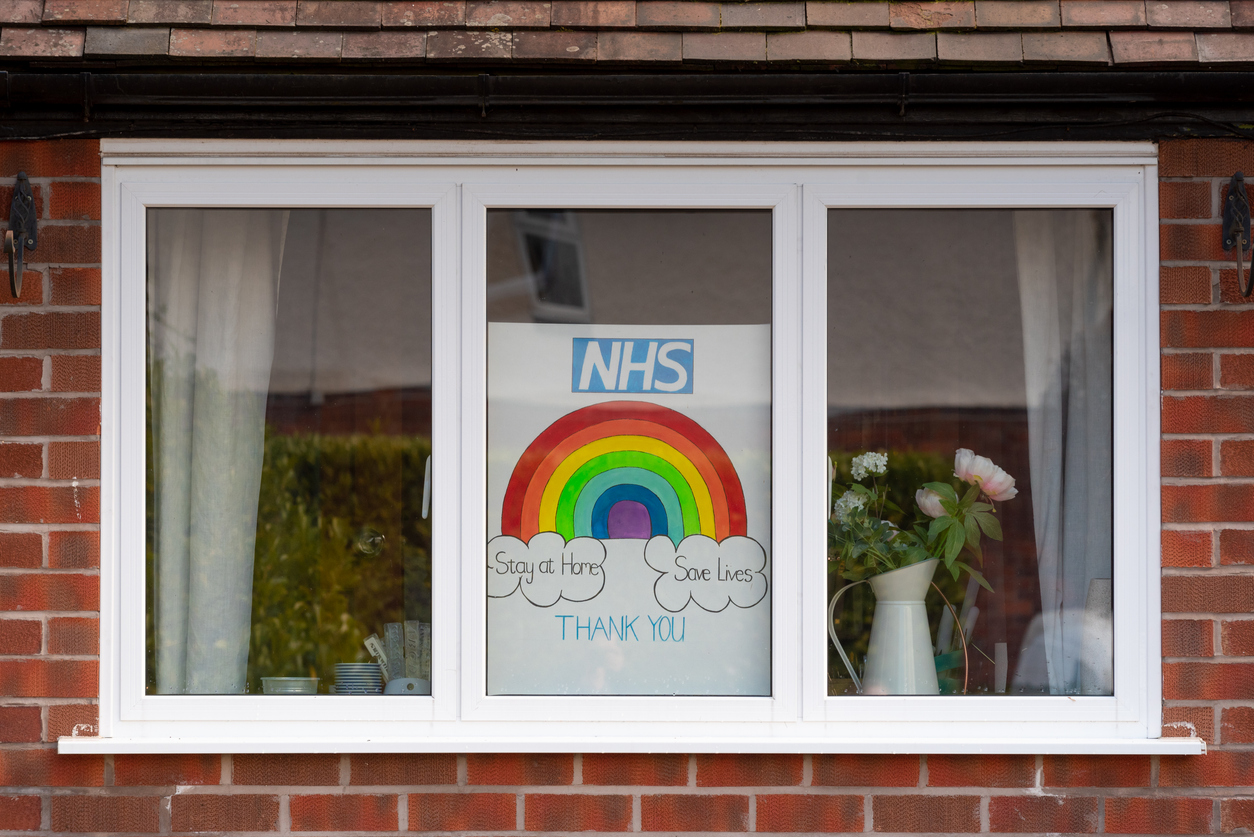When I heard politicians insist they were being ‘led by the science’ in their response to coronavirus, it worried me for a couple of reasons. Firstly, a scientist will happily lead you down the path they believe in, but it is rare to have only one scientific view. It would be far more accurate for politicians to say we are being led by ‘one hypothesis’ from ‘one scientific group’. The modelling from Imperial that led to the current lockdown policy informed ‘the science’ but it’s now clear it was not the only scientific view.
Secondly, if the situation calls for an intervention and there is no cause and effect – i.e. if lockdown is easily achieved and it causes no damage – then you could easily argue that there is nothing to lose, and translate this ‘science’ into action. But clearly this is not the case. A range of science should advise but not lead. Over a decade ago there was a worldwide campaign about the dangers of over-exposure to the sun and skin cancers. This possibly resulted in a generation with vitamin D deficiency and may have led to a rise in certain conditions such as multiple sclerosis. Life is never simple.
I have great admiration for scientists, whether they are mathematicians, epidemiologists or disease specialists. They can be fascinating and brilliant in their own subjects. But with coronavirus, we may talk a lot about the science, but the key is the translation of science into medicine. I would be fascinated to know the make-up of the scientific advisory group for emergencies which is helping the government in its response to the virus. I strongly suspect it does not have enough clinical representation and any medical presence in the group is skewed towards emergency medicine and infectious disease. It’s why – to me – it was entirely predictable that serious health conditions such as heart disease and cancer would be overlooked when the lockdown was debated, because it seems somehow to have caught the government and its advisors by surprise.
Prior to the Covid-19 outbreak – due to the recognised delay in diagnosing and treating cancer in the UK in comparison to equivalent countries such as Germany or France – the NHS had a system of urgent specialist referral and opinion within two weeks of suspected cancer symptoms being reported to the GP. Cancer Research UK now estimates that approximately 2,300 referrals per week are not being made. Obviously not all of those referred will have cancer but the numbers are adding up. Was this issue raised in the advice to the government? At some point there may be a ‘tipping point’ when the number of cancers missed exceeds the number of lives saved by preventing Covid-19. It may sound cold but this should be at the forefront of policymakers’ minds.
This is just one health aspect. The other which I touched upon previously, is the effect of lockdown on those with chronic diseases. The King’s Fund estimates that 15 million people have a chronic disease in England, such as diabetes, heart disease or hypertension. Again, where was the advice from ‘the science’ to say just how damaging lockdown would be for this group of people? It may take some time before we realise the full effect of this, but it is the proverbial ticking time bomb. And that’s before we even get on to mental health, which you can imagine how the current strategy is impacting.
To enforce the lockdown the NHS was wheeled-out as perhaps the last great unifying organisation that exists, which is why we saw the government message: ‘Stay Home, Protect the NHS, Save Lives’. I find this slogan confusing and dangerous in equal measure. We have the sight of a health service telling people not to use it and claiming it will save lives. Yes, this is about flattening the curve of the disease to prevent the health service being overwhelmed, but so far, we haven’t even come close to that point. Bed occupancy, including in intensive care, is lower currently than would be expected at this time of year. This is where the ‘danger’ for the NHS comes in. So far, the NHS has been used as a political tool by the government to encourage people to stay home and comply with the lockdown. But it’s easy to imagine the current admiration for the NHS changing to bitterness when the number of cancelled operations increases, along with missed diagnoses, disabilities and poorer quality of life as the lockdown continues. Anyone who loves the NHS – as I do – must prevent this from happening. The NHS should not allow itself to be used by the government in this way.
We need to come out of lockdown soon. Its effect on missed diagnoses and physical and mental wellbeing make this imperative. Five tests have been devised by the government to allow us to leave the lockdown: making sure the NHS can cope; a sustained and consistent fall in the daily death rate; the rate of infection decreasing to manageable levels; ensuring supply of tests and PPE can meet future demand; and being confident any adjustments will not risk a second peak.
I’m not sure where these tests came from but they are confusing at best. The tests have either already been satisfied (making sure the NHS can cope and there has been a sustained and consistent fall in the daily death rate); are subjective in nature (the rate of infection decreasing to ‘manageable levels’ doesn’t define what those levels are); should not be there at all (sufficient supply of tests and PPE – this should be a given for any self-respecting organisation) or impossible to achieve (confident any adjustments will not risk a second peak).
The final test about risking a second peak of the disease worries me the most. It is the inevitable consequence of any lockdown relaxation. Once you bring the virus back into the open, the rate of infections increases again. If this logic is applied, we will never be out of the woods. There does not seem to be any recognition that an increased rate of infection in an otherwise healthy population (you ease lockdown in stages) could lead to very few additional deaths.
The biggest test for easing lockdown, remarkably, has not been mentioned by the government. It should ask if the consequences on health and mortality of remaining in lockdown outweigh the benefit of possible suppression of Covid-19. At the moment a wider health emergency is building, and the government needs to be able to react.
Dr Waqar Rashid is a consultant neurologist at St George’s University Foundation Hospital NHS Trust, London. This article is a personal view and does not necessarily represent the views of the Trust.








Comments